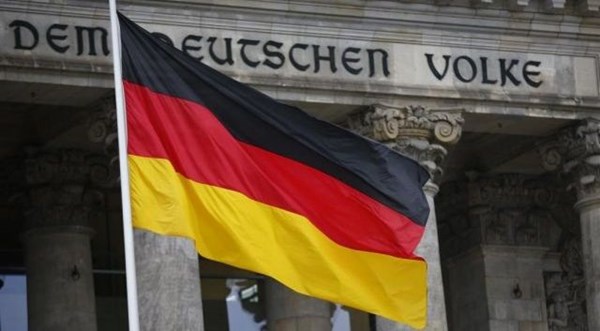Germany to classify future military aid to Ukraine
In a strategic pivot, Chancellor Friedrich Merz's German administration has decided to keep future military aid shipments to Ukraine classified, a move aimed at achieving "strategic ambiguity", reports Spiegel, citing sources within the Merz government.
According to these insider accounts, over the last three intense years of the Russia-Ukraine conflict, Germany had openly disclosed the packages of military aid sent to bolster Ukraine’s Defense Forces. However, this transparency appears to be drawing to a close.
"The German government will significantly reduce the communication of weapon system deliveries in the future," sources noted, citing the primary objective: to deprive the aggressor, Russia, of military advantage in Ukraine.
Journalists highlight that the Merz administration is making a "180-degree turn" and reverting to a covert approach regarding arms supplies.
"This will create an environment known as 'strategic ambiguity,' a term used in technical jargon to describe actions intended to obscure maneuvers from adversaries," notes the report.
It remains unclear how Chancellor Merz and his government will keep the Bundestag apprised of future arms shipments, though there is speculation these updates could occur in confidential sessions of the parliamentary Defense Committee.
Previously, Germany has unveiled a new military aid package for Ukraine. This package includes Gepard anti-aircraft systems, IRIS-T air defense missiles, various ammunition calibers, military machinery, drones, assault rifles, medical kits, and more equipment.
Additionally, Germany has been beefing up its own missile defenses, eyeing the procurement of Arrow 4 systems from Israel. As per German Air Force spokesman Lutz Kohlhaus, the nation is continuing its orders of Raytheon's Patriot systems and the purchase of F-35 fighter jets from the U.S.
